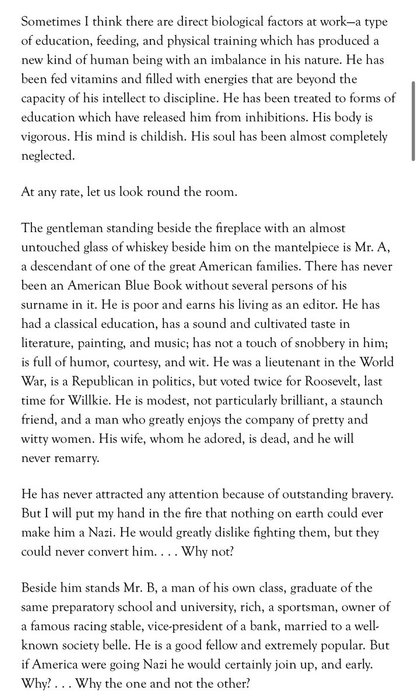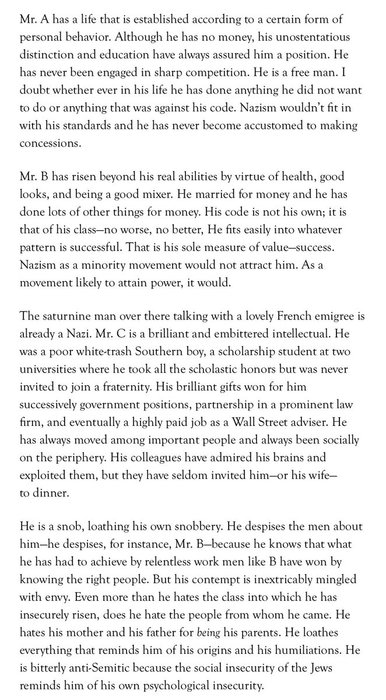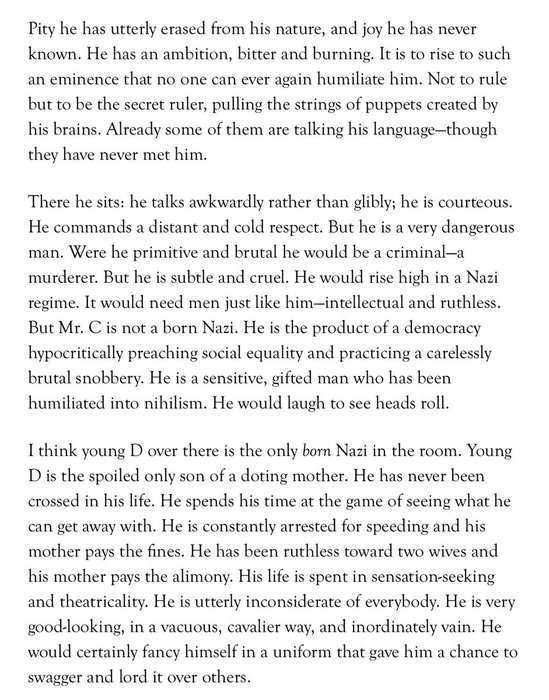Sublime
An inspiration engine for ideas
The Legacy of Asia (1937) to Psychotherapy East and West
Alan Watts • In My Own Way: An Autobiography
An economy of favours and obligations doesn’t work when large numbers of strangers try to cooperate. It’s one thing to provide free assistance to a sister or a neighbour, a very different thing to take care of foreigners who might never reciprocate the favour. One
Yuval Noah Harari • Sapiens: A Brief History of Humankind
One needs to think not, What will this person give me? but rather, What can I give to this person? That is commitment to the community.
Ichiro Kishimi, Fumitake Koga • The Courage to Be Disliked: The Japanese Phenomenon That Shows You How to Change Your Life and Achieve Real Happiness




For example, suppose long experience fishing will tend to cause anglers to prefer the blood knot to other potential knots (for connecting monofilament line) because the blood knot is objectively the best. However, individual experiences will vary, so suppose that long experience alone leads to only a 50% chance of an angler converging on the blood
... See moreJoseph Henrich • The Secret of Our Success
not ethnological,
Adria L. Imada • Aloha America: Hula Circuits through the U.S. Empire
Morality binds and blinds. The central metaphor of these four chapters is that human beings are 90 percent chimp and 10 percent bee.
Jonathan Haidt • The Righteous Mind: Why Good People Are Divided by Politics and Religion
People are neither isolated individuals nor mere parts of a greater whole. They are persons-in-community.”
Rabbi Bradley Shavit DHL Artson • God of Becoming and Relationship: The Dynamic Nature of Process Theology
an egalitarian ethos can take one of two directions: it can either deny such individual quirks entirely, and insist that people are (or at least should be) treated as if they were exactly the same; or it can celebrate their quirks in such a way as to imply that everyone is so profoundly different that any overall ranking would be inconceivable.